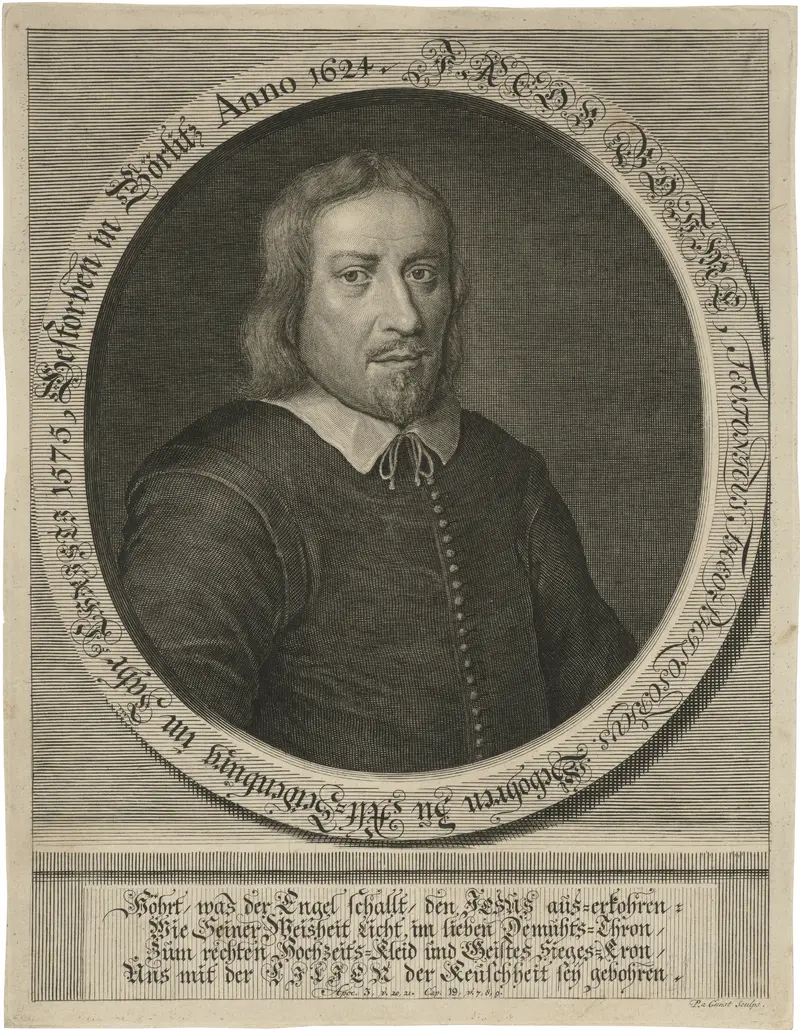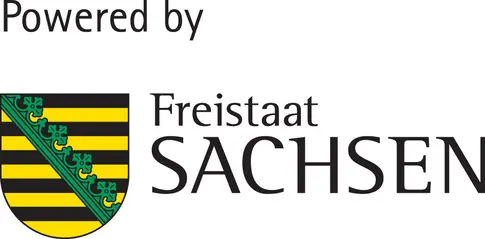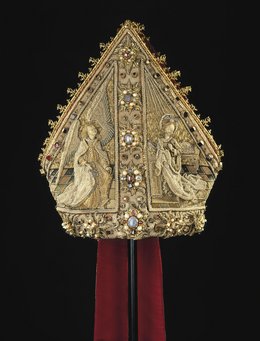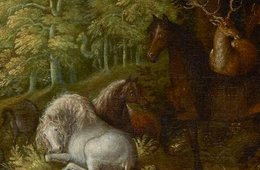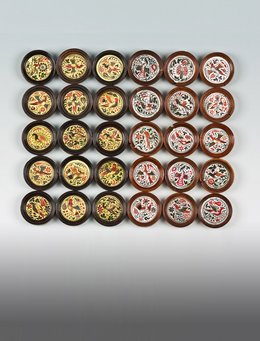[Translate to English:] Text
"The gate was open to me": with these words, Böhme recalled an experience he had in 1600. He claimed to have gained access to the mystery of the Divineand its presence in nature. This experience was the foundational intuition that prompted him to write; ultimately he produced around 30 books. Böhme was self-educated, and lived most of his life in Görlitz, where he worked as a shoemaker. Böhme stirred controversy in the city when his first book, Aurora (Morgenröte im Aufgang) started to circulate in manuscript and was confiscated by the cityauthority in 1613. Accused of spreading unorthodox views, Böhme was warned to stop writing. Yet, he resumed in 1618, likely urged on by the beginning of the Thirty Years' War and the sense that the world needed his message.


![[Translate to English:] City of Görlitz, 1650 [Translate to English:] City of Görlitz, 1650](/fileadmin/userfiles/Gruenes_Gewoelbe/Ausstellungen/2019/Jacob_Boehme/Stadtplan_Goerlitz.jpg)

![[Translate to English:] Dionysius Andreas Freher, Illustration from: The Works of Jacob Behmen, 1764–1781 [Translate to English:] Dionysius Andreas Freher, Illustration from: The Works of Jacob Behmen, 1764–1781](/fileadmin/_processed_/e/0/csm_Pop-up_de17ab2c46.webp)
